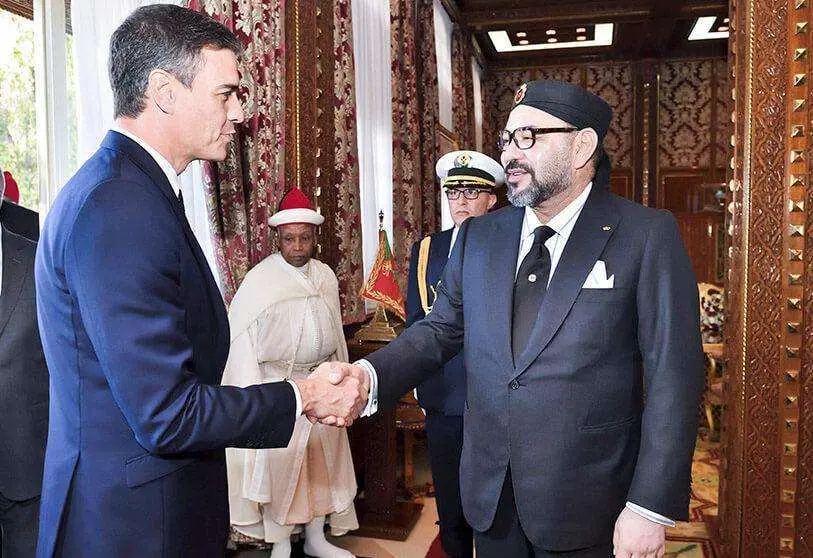Obligatory pragmatism

History places political leaders before pragmatic decisions that must be taken because the political, economic, social or geostrategic situation in general demands it. In recent times, especially because of the coronavirus pandemic, many political leaders, businessmen and experts, among many citizens and workers, questioned the benefits of globalisation and its negative repercussions when the superpower producer China stopped its machines and caused shortages that led to shutdowns in Europe and elsewhere. At a time when the world was rethinking basic concepts such as whether globalisation should be oriented differently, whether the European Union should speed up integration to guarantee its future or what the role of an organisation such as NATO should be, which has suffered in recent years, due to the peculiar ways of President Trump, a notable existential and viability crisis, we find ourselves with a total turnaround in the world due to the Russian invasion of Ukraine.
The EU and NATO have strengthened themselves in the face of the great Russian threat with a reaction of total unity, which implies being on one side or the other with all the consequences. The situation is so delicate that a crisis between two neighbouring countries, Spain and Morocco, aligned on the Western side, and Algeria, Russia's historic ally, could not be kept open. Moreover, Putin was extending his sphere of influence in Mali, with the Wagner group, provoking the departure of French troops and leaving Spanish troops in a complicated situation.
Instability in the Sahel is a major threat to North Africa and Europe. Terrorist groups control too much territory and are using the young Sahrawis in the Tindouf camps as a quarry to swell their ranks. Algeria will know which path it chooses, Spain and Morocco have completed their negotiations under the guidance of US Deputy Secretary of State Wendy Sherman and ended their crisis. The Spanish government recognises Morocco's offer of autonomy for the Sahara under its sovereignty, and Morocco's government offers solid and lasting guarantees on Ceuta, Melilla, the territorial waters of the Canary Islands and the control of migratory flows, as the most important points for recovering mutual trust and respect.
Just as José Luis Rodríguez Zapatero received a call from President Obama in May 2010 to take radical measures in the face of an economic crisis that he had denied until then, Pedro Sánchez has taken a necessary decision in a surprising and unexpected way due to the need for prior discussion and consensus with the main opposition party, but with a very favourable outlook for the interests of Spain, Europe and North Africa. Both parties have given in and geostrategic interests prevail over outdated ideological ones. The Sahrawis, who deserve a dignified life, have won.

